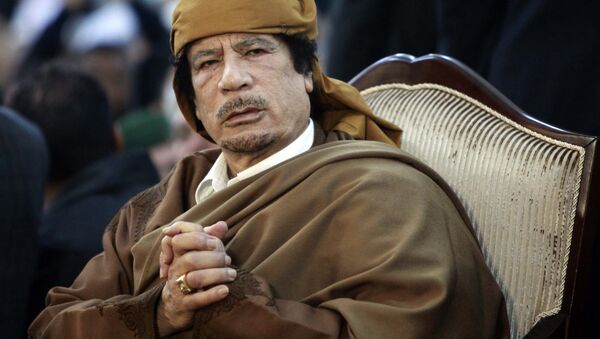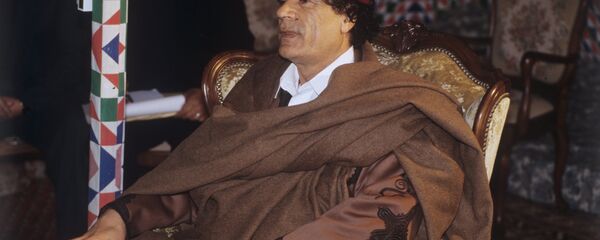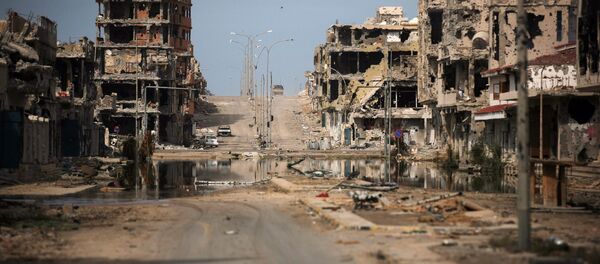“The instability that was created in Libya had an effect on central parts of Africa toward Chad. It ignited problems in Niger, Algeria; it caused a domino effect and instability both politically and economically in other African countries,” Nazemroaya said.
He said that it is the same situation as in Syria right now. The instability in Syria has spilled over into Iraq, Jordan, Turkey and Lebanon.
According to the analyst the United States government had consultations which were public to an extent and it told what would happen if they waged war on Libya.
“They were aware that Libya would balkanize. Before they even attacked Libya, the US Congress when they were discussing it said that the country would degenerate back to its pre-Gaddafi divisions, back to the period of Senussi monarchy where it was divided into three regions: Cyrenaica, Tripolitania and Fezzan. That is what has happened more or less so they were very much aware,” Nazemroaya told Sputnik.
“They watched migrants die in the Mediterranean Sea. The military vessels were cordoning the waters of Libya. NATO ships watched people die.”
Talking about why Western powers did this, the analyst said that they wanted to topple the legitimate government of Libya, just like they toppled the legitimate government of Syria in Damascus.
“They personalize the war. They said that they wanted to save the Libyan people from Gaddafi and his family, so we are going to bomb the Libyan people to save them.”
“They punished the entire country. They personalized it saying that they were going after the dictator. They always do this. They did it in Iraq with Saddam Hussein. They used the same type of rhetoric in the former republic of Yugoslavia. They always say they are going after someone. They try and give it a face as if they are trying to save the entire society and bomb the entire populace in the name of one leader,” the analyst said.
Libya was building a huge fresh water reservoir in the Sahara, which would have provided with water not just for the country but for its neighbors, the forces bombed that too.
Just before the war was waged, “Libya was spearheading regional development and independence in the region,” Nazemroaya said.
“Libya wanted to buy British petroleum. It was a country that Goldman Sachs owed a lot of money to. It was a country that was thinking of buying some of the biggest corporations in the United States,” Nazemroaya said.
He further spoke about the Libyan economy and the development that was taking place in the country before NATO destroyed it.
The overthrow of the Libyan leader was praised by the West as a step towards democracy in the North African county. Five years on, Libya remains in a state of chaos plagued by tribal wars.
The resulting instability triggered the rise of numerous Islamic militant and terrorist groups, particularly Daesh.
Another grievous consequence of the chaos in Libya has been a refugee crisis. Over the past five years, tens of thousands of Libyans have desperately fled the country, risking a perilous voyage across the Mediterranean in barely seaworthy vessels. Thousands of them have drowned in an attempt to reach European shores.




